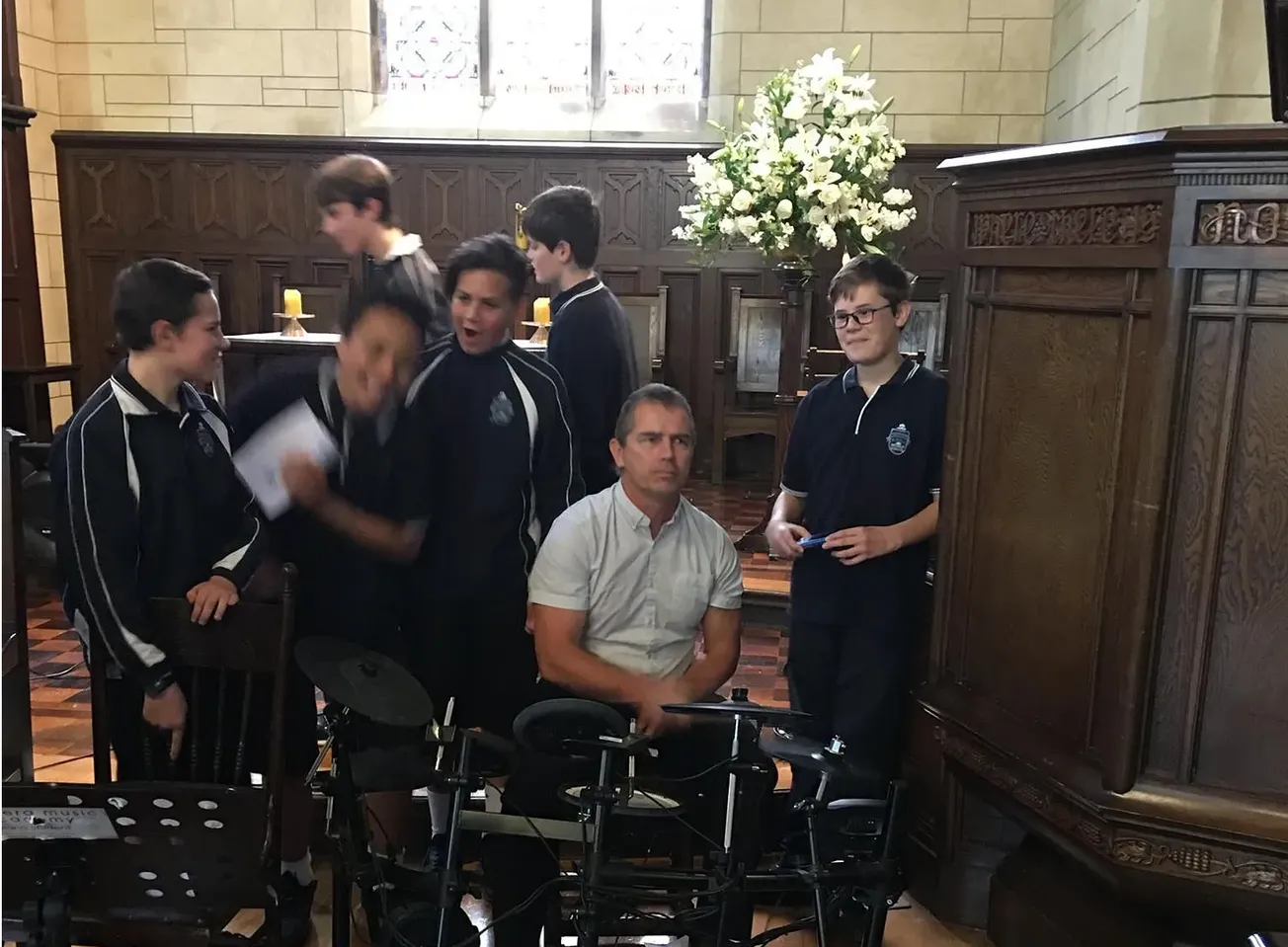Table of Contents
Alwyn Poole
This week most secondary schools have rostered home Year 9 & Year 10 students. The teacher unions try and tell New Zealand that they are doing this for the good of the children. This is despite the huge decline in attendance and academic performance. It is also alongside a worldwide decline in confidence in State education systems.
I went back through some pieces I wrote and a piece that I wrote for the NZ Herald in 2017 is even more true today.
The Real Solution to the Teacher Shortage
There is a teacher shortage in New Zealand and it is going to get a lot worse before it gets better. However, it has very little to do with annual salary.
While the world around them deals with the incredible opportunities of life-long learning, open access to skills and information, several career changes in a lifetime, AI and VR and rapid global travel – the Ministry of Education and the teacher unions, have put their heads deep into the sand and their backsides high in the air.
The key problem is that these vested interests – along with the faculties of education in our universities – want to pretend that the art of teaching is a technical skill set that requires a qualification pathway mimicking that of medicine. It misses the point that every eligible adult has approximately thirteen years as a critical consumer of education.
The first step to solving the teacher shortage is to get rid of the year of secondary teacher training. The need to take a year out of earning an income to become a secondary school teacher is an outdated barrier to becoming a teacher that keeps the brightest, most innovative, experienced and capable New Zealanders from working with our children.
New Zealand desperately needs a direct and paid pathway into teaching. Consider this from two perspectives: Firstly the view of a university graduate from a four-year degree course that has now spent a minimum of 17 years in the New Zealand education system. They know a thing or two about learning and about what makes a good teacher or lecturer. They are faced with a high employment and a high remuneration economy. They have significant opportunities for adventure through travel and employment overseas. Our system asks them to take another year of zero income while they learn how to pronounce the word pedagogy. Then see it from the perspective of a second, third, or fourth career individual who has added experience to a degree or has forged an effective life pathway without a tertiary qualification. They are likely to have significant family and financial commitments but have come to the point where they feel that contributing back to young people is the next step in their lives. What our current system asks them to do is to give up a full year’s income and pay full fees for the privilege of making a contribution to our youth. These people may have incredible value to offer but the barrier to them is insurmountable. Through the arrogance of the teaching profession we try and make outstanding individuals start again from scratch.
The above system is the main reason we have a quantitative and qualitative teacher shortage.
In the public sphere teachers often do the sector no favours. They complain about conditions. They complain about student behaviour. They complain about pay. They complain about workload. They complain about policy change. In terms of what they present to the children in their classes on a day to day basis it would do them well to remember that they are representing a future career opportunity to these young people. If they do not like their job and cannot speak highly of it then they should go and do something else.
I learnt nothing through my College of Education and it was not worth a year of not earning an income. My main lecturer was a burnt out biology teacher who could not remember when he last had an inspired idea. He put half of my course group off teaching. My only real learning that year was in my teaching practices at schools. The pathway to teaching in New Zealand should be a well-paid apprenticeship for either tertiary or industry qualified individuals. There can be a rigorous application and interview process to ascertain suitability and significant ongoing professional development. The year off earning an income is no longer desirable or tenable. We also need to recognise that 21st century humans are unlikely to stay in the one vocation for 40 years and have exit and return pathways for teachers that value and recognise the things they do in between stints in the classroom.
There is a solution to the shortage. But it is palatable to the current teachers and their representatives?









